Remembering Mark Wainberg
Source: International AIDS Society
“When I look back on my career, I always feel that the most important contribution of my life was political and not scientific.”
– Mark Wainberg
It is with a heavy heart that the International AIDS Society (IAS) has learned of the death of past president Prof. Mark A. Wainberg (1998-2000), who died this week at the age of 71 in Bal Harbour, Florida. We stand in mourning and shock from this news as Mark was a leader, mentor and close friend to the IAS, our staff and our community.
“We have lost one of our fiercest champions,” said IAS President Linda-Gail Bekker. “To those of us in the research community, he was the epitome of dedication from the earliest days of the response. The impact of his work both through and beyond his role with the IAS will live on through the millions of people accessing HIV treatment and those of us who were lucky enough to know him.”
Mark was a pioneer for HIV research, advocacy and scientific advancement. He is widely known for his part in the 1989 discovery that the drug 3TC could be used to treat HIV infection. He was currently serving as the head of AIDS research at the Lady Davis Institute for Medical Research (LDI), Director of the McGill University AIDS Centre located at the LDI, and Professor of Medicine and of Microbiology and Immunology at McGill University in Montreal. In Canada, his home, he was inducted into the Canadian Medical Hall of Fame for his accomplishments.
In addition to his presidency, one of Mark’s biggest contributions to the IAS was founding the Journal of the International AIDS Society (JIAS) in 2004, which he was still supporting as one of its three Editors-in-Chief. His role with JIAS was evidence of his deep belief in and commitment to supporting emerging researchers and providing platforms to showcase their work. Mark’s vision of JIAS did not not only include a wide dissemination of research findings relevant for ending the HIV epidemic, but a more far-reaching goal of mentorship for new generations of researchers and scientists.
“Mark was an eternal optimist at heart, quick to lighten the spirits of those around him and always at his core fighting diligently for human rights,” said IAS Executive Director Owen Ryan.
He was highly recognized and admired for his part in the historic and transformative XIII International AIDS Conference in 2000 that was held in Durban, South Africa. Serving as the IAS President at the time, he oversaw the first conference to take place in a developing country. In this personal interview, Mark reflected on that time:
When the International AIDS Conference returned to Durban last year, Mark wrote the following message to all IAS Members to honour the occasion. This letter best highlights Mark’s warmth, fighting spirit and compassion:
When I look back on my career, I always feel that the most important contribution of my life was political and not scientific. In brief, I served as the Chair of the IAS site selection committee for conferences between 1995-1998 and was President of the IAS between 1998-2000. Together with colleagues, including David Cooper who preceded me as IAS President and Stefano Vella who succeeded me, we chose Durban, South Africa, as the venue for the International AIDS Conference in July 2000. We did this at a time that very few people in all of Africa (i.e., approximately 7000) had access to life-saving antiretroviral therapy in the hope that journalists would attend the conference and report on the terrible inequities in the world in regard to HIV/AIDS. Not only did this happen but a wide array of politicians also attended from all over the world. The result was that the conference, together with its slogan “Breaking the Silence”, helped to give birth to a multitude of international assistance programs for the purchase of ARVs, while also stimulating interest by international assistance organizations such as the Gates Foundation, among others.
A major drawback, however, was the opposition to the conference by then President Thabo Mbeki who had somehow become convinced that HIV was not the cause of AIDS and whose policies denied ARVs to South Africans infected by HIV. This prompted calls for a boycott of the Durban 2000 conference by many international scientists who, although well-intentioned, needed to be convinced that boycotting the conference would do far more harm than good. I am happy to have played a major role in these efforts while helping, together with Professor Jerry Coovadia and the Karims and others to organize the conference itself.
We send our warmest thoughts and deepest condolences to Mark’s friends and family. You will be deeply missed, Mark.


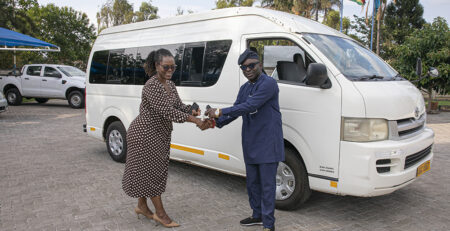

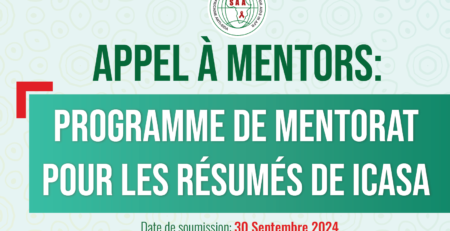
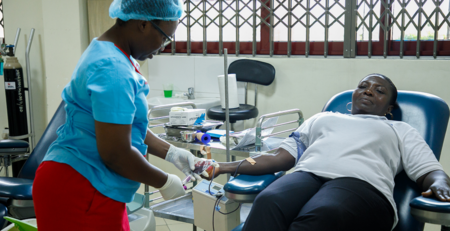
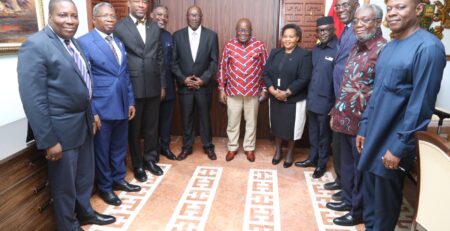
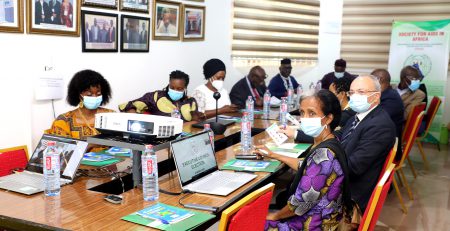
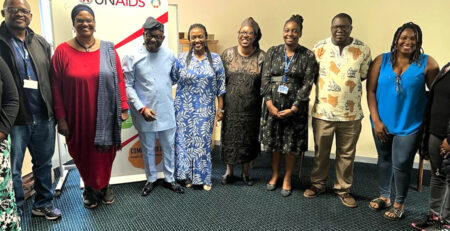
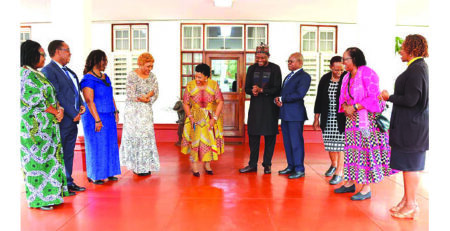
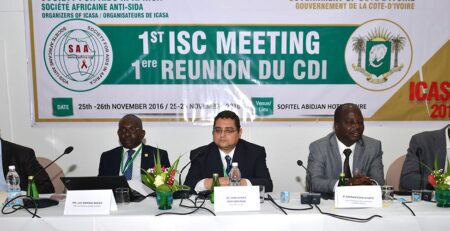
Leave a Reply